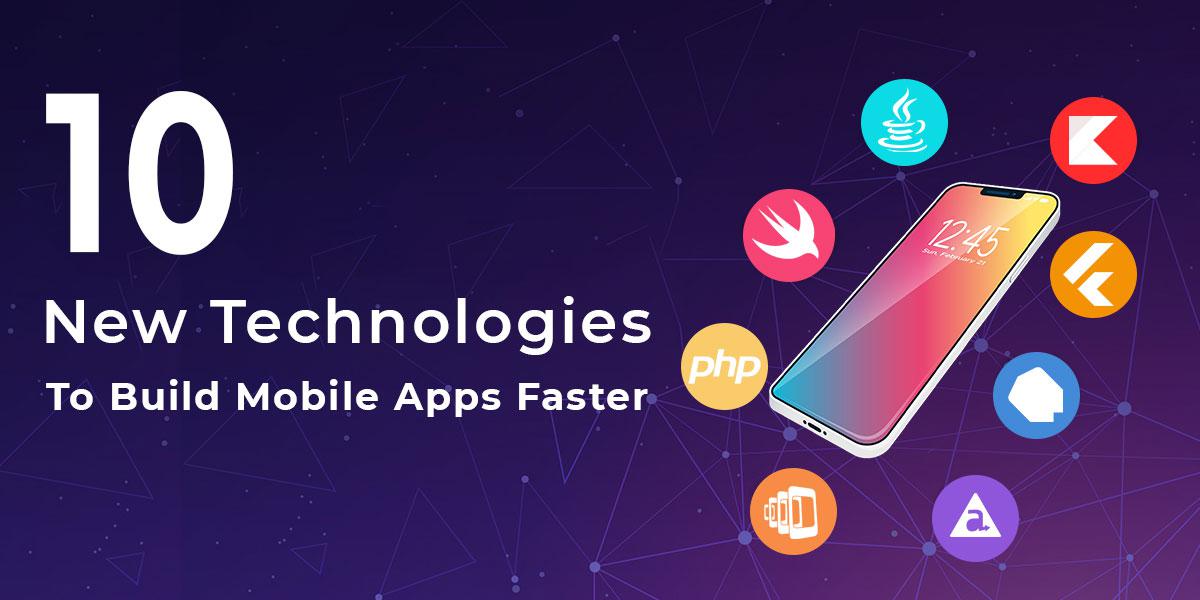Mobile App Development is one of the most promising business domains in the current times. Whether a fresh start-up, a fortune 500 company or any industrial giant, integrating mobile apps is a trend, these days. According to a survey, the total app downloads in 2017 was 178 billion and it is expected that this figure would shoot high to 258 billion by the end of 2022. This, approximately account's for a 45% increase in a matter of 5 years.
With the rise in the total app usage, the revenue earned is likely to increase. It is anticipated that the total revenue earned using mobile apps would cross $188.9 billion by 2020.
Convinced by the future possibilities of app development, mobile app developers from
android app development agency are looking towards securing their future in the domain of mobile app development. However, owing to the rise in popularity, the market competition also leverages. An app that has the capability to engage with the audience and drive sales is proven to improve brand value.
And so, it becomes imperative for the developers to embed modern technologies that would make their development process faster resulting in applications that rank high in terms of industry standards. There is a range of technologies that promote faster app development. Here, we attempt to enlist some of the best technologies for developing top-notch quality apps.
Technologies For App Development
- Swift
The official language supporting the development of iOS-compatible apps, Swift is the first choice of developer's. Whether it is the feature of quicker development or advanced set of features, Swift has the ability to redefine ways in the way iOS apps are developed.
Basic Features
1. An open-source, easy to code language
2. Paradoxically the updated version of Objective-C, so if you are well aware of the same, learning Swift is not cumbersome.
3. Streamlines the app development time and cost.
4. Huge support of the community
- Java
One of the oldest and the most successful language for Android development in Java. Though a newbie namely Kotlin is giving Java a tough competition, the fact that Java has an extended set of libraries and inbuilt APIs accounting for its superiority over Kotlin. Nearly, all software giants use Java to build an application for their business.
Basic Features
1. Supports WORA- write once run everywhere!
2. An object-oriented programming language
3. Provides access to an array of library features.
4. Has a powerful IDE.
5. Wider audience base
- Kotlin
The second official language of Android, Kotlin is one of the fastest-growing technology in the industry of app development. Derived from Java itself, Kotlin integrates all the pros of the language filtering out the limitations. With reduced weight of coding and a compact structure, Kotlin has all features of Java offering high-end interoperability. Developers find Kotlin a bit easier as compared to Java.
Basic Features
1. 100% Java interoperable
2. Excellent IDE support
3. New features along with the existing ones of Java.
- Flutter
Another in our list of latest mobile app development technology is Flutter. This is again a step by Google to induce a single code base for all applications irrespective of their platform. Meaning that Flutter is a cross-platform app development technology and has views of reactive style.
Basic Features
1. Flexible Operation
2. Cross-platform application development
- Php
Built primarily to aid web development, PHP is one of those languages that deploy high-end scalable websites. With recent technological advancement, PHP can also build Android and iOS-based apps. Basically, PHP is object-oriented and uses a model of three-layer architecture to build dynamic user-centric websites. One of the most common applications built using PHP is Ecommerce web application. It further helps in CMS, image processing and designing GUI.
Basic Features
1. Easy to learn
2. Php is an open source language
3. Compatible with server
4. Promotes database integration
- Dart
An initiative by Google, Dart is the young player in the industry of mobile app development. Dart is easy to learn, intuitive and scalable technology promoting faster web development. Inducing class-based approach, the syntax of Dart is similar to C.
Basic Features
1. Sufficient Interface of DOM
2. An extensive set of libraries
- C++
The simplest language that owns the knack to develop high-quality apps, C++ induces an approach that is based on the compiler. C++, like Java, is also object-oriented programming and helps integrate real-time apps. Objective- C is its sister language. Primarily, c++ is the updated version of language C. It finds extensive usage in game development, enterprise solutions, web app development, engineering applications, etc..
Basic Features
1. Object-Oriented
2. Huge community support
3. Versatile
4. Help build solution faster
5. Extended library.
In addition to the aforementioned languages, there exists a range of tools that support faster app development. These tools are the one-stop solution to deploy solutions from scratch effectively and attract a wider audience.
Let's have a quick look at some of these technology-driven tools.
- PhoneGap
In case you are looking to build native apps for your organization, then PhoneGap is the best choice. The tool uses HTML5, JavaScript, and CSS3 to build feature-rich apps compatible with all platforms.
- Appcelerator
A technology-driven tool that facilitates the development of native apps, Appcelerator uses JavaScript, HTML, and PHP for development. This tool is primarily used for building hardware-specific applications boosting the efficiency of software and further leveraging the company growth.
- WidgetPad
In collaboration with JavaScript and HTML5, widgetPad is one of the best frameworks to aid open source app development.
Conclusion
Technologies are never constant and change is its immediate fortune. With the advent of newer technologies, the process of app development improvises and leads to a better and highly optimized developed app. In order to etch success in the industry, it is important to keep track of all these upgrades and modifications and end up developing diverse apps.

